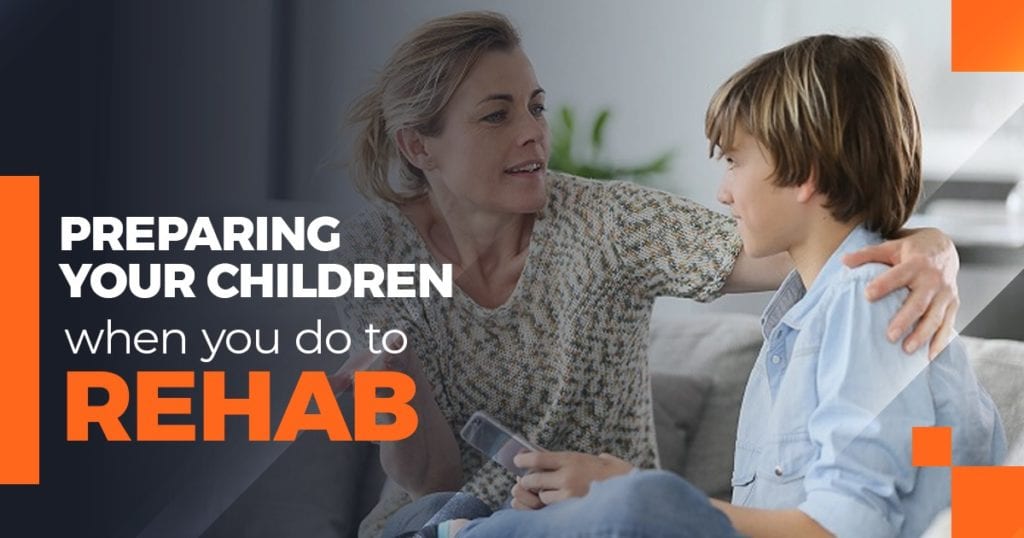
Drug Addiction
Substance use disorder is a chronic disease that drives people to continuously use drugs despite being aware of the harm it is doing to their bodies and their lives. Millions of Americans battle drug addiction, and helping someone get rid of addiction has been an issue that drug addiction treatment centers and mental health professionals have been trying to solve for decades.Understanding Addiction
There is a misconception that people struggling with drug addiction do so because it’s a choice. No one plans to become an addict. External factors that drive drug abuse and lead to addictive behaviors include stress from work, family issues, financial pressure, feeling disengaged from life, and sometimes just curiosity about a particular substance. Anyone who uses drugs can develop addictive behaviors, no matter their age, culture, or economic status. When a person consumes drugs or alcohol, their brain produces large amounts of dopamine (a feel-good hormone), which triggers the brain’s reward system. After continuous drug use, the brain can no longer produce the usual dopamine amount on its own. This causes people to have difficulties enjoying pleasurable activities like spending time with friends or family when they are not under the influence of drugs or alcohol – stuck with their drug addiction.Is Addiction A Family Disease?
While some experts report that there can be a genetic predisposition to substance abuse, many factors contribute to someone’s addiction. Whether or not the cause lies in genetics, addiction is a family disease because it affects everyone in the family. This is especially true when there are children involved. Family members of people struggling with addiction endure a lot of emotional and sometimes financial hardship while dealing with a relative who is trapped in the cycle of addiction. Loved ones often report feeling guilty, responsible for the substance use, confused, angry, and sad. This can increase conflict and feelings of isolation for everyone involved.
Drug addiction is a severe problem, but there is a solution. In this case, treatment programs at a rehab center sets the foundation for a life of sobriety.
Family members of people struggling with addiction endure a lot of emotional and sometimes financial hardship while dealing with a relative who is trapped in the cycle of addiction. Loved ones often report feeling guilty, responsible for the substance use, confused, angry, and sad. This can increase conflict and feelings of isolation for everyone involved.
Drug addiction is a severe problem, but there is a solution. In this case, treatment programs at a rehab center sets the foundation for a life of sobriety.
What is Rehab?
Rehab is the process during which someone is treated for their addiction. This most often happens at an inpatient facility to minimize outside distractions and temptations. Rehab can last from 30 to 90 days, but the length of time is dependent on the individual and their needs. Since addiction is a health-related issue, most rehab programs accept insurance coverage. For people who have children and are considering treatment at an inpatient facility, making the decision is even more challenging. Additional arrangements need to be made to ensure the child is taken care of before the parent can start their treatment.Living Arrangements for Drug Addiction
First, you will need to determine where your child will stay while you are in treatment. If there is another parent or family member who can care for your child in their current living arrangement, make a detailed plan of how childcare will be provided and whether or not additional assistance is needed from friends or family members. If your child is staying with a friend or family member, take time to look over their home and ensure that there is nothing there that will be unhealthy or additionally disruptive for your child. Ensuring that your child is well cared for without worry before entering treatment will allow you to better focus on your recovery. If you don’t have a community environment or support groups to help with childcare while you’re in rehab, look for rehab facilities that offer childcare or daycare. This, of course, will not work for children of all ages but may provide enough support for help.School Schedule
Limiting disruptions in your child’s education and school schedule will help them adjust during the period you are in treatment. This includes arranging plans for drop-off, pick-up, and routine homework. You may also want to schedule a meeting with the principal, teacher, and guidance counselor to discuss your situation’s specifics.































